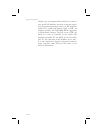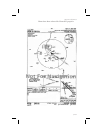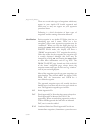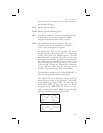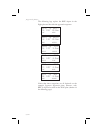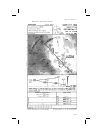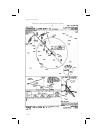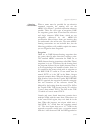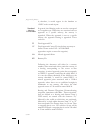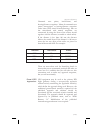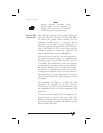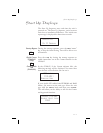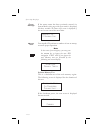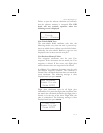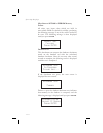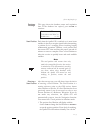it; therefore, it would appear in the database as
“GNB” at the second airport.
Standard
Naming
Conventions
In general, the following codes are used to correspond
to a waypoint type. When they are associated with an
approach to a specific runway, the runway is
appended. When the approach is not to a specific
runway, the approach bearing is appended. These
codes are:
FF Final Approach Fix
CF Final Approach Course Fix (used when necessary to
define a course to the FAF—all VOR DME
approaches require a course fix waypoint).
MA Missed Approach Point
RW Runway Fix
Following the characters will either be a runway
number, when associated with a particular runway, or
a bearing corresponding to the course at that
waypoint. A missed approach point that corresponds
to a RWY 12 approach, would then be called MA12 if
it is not the runway threshold. If the MAP were the
runway threshold, it would be named RW12. A
missed approach point associated with a VOR-A
approach, where there are no published straight-in
minimums to any runway, and where the final
approach course is 120 would be named MA120.
Bearing and Distance Waypoints: Distance/bearing
waypoints (sometimes called Rho - Theta waypoints),
that are defined as a bearing and distance from a
VHF navaid, are named with the character “D,”
followed by the radial on which they are positioned,
followed by a single alpha character from “A” to “Z”
that corresponds to a distance from 1 to 26 nm. Thus
a waypoint that is on a 350° radial at 10 nm will be
named D350J and a waypoint that is on the 250 radial
at 15 nm would be named D250O.
9-88
Approach Notes



